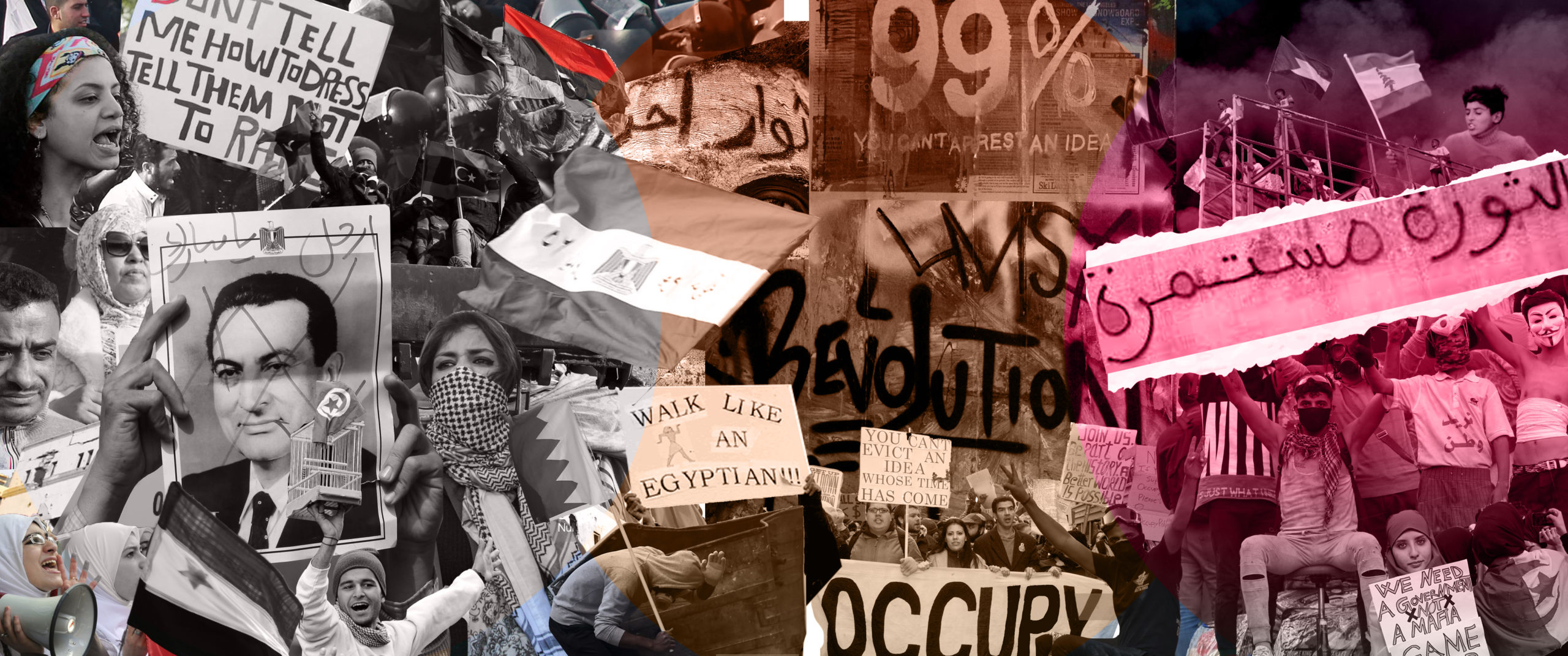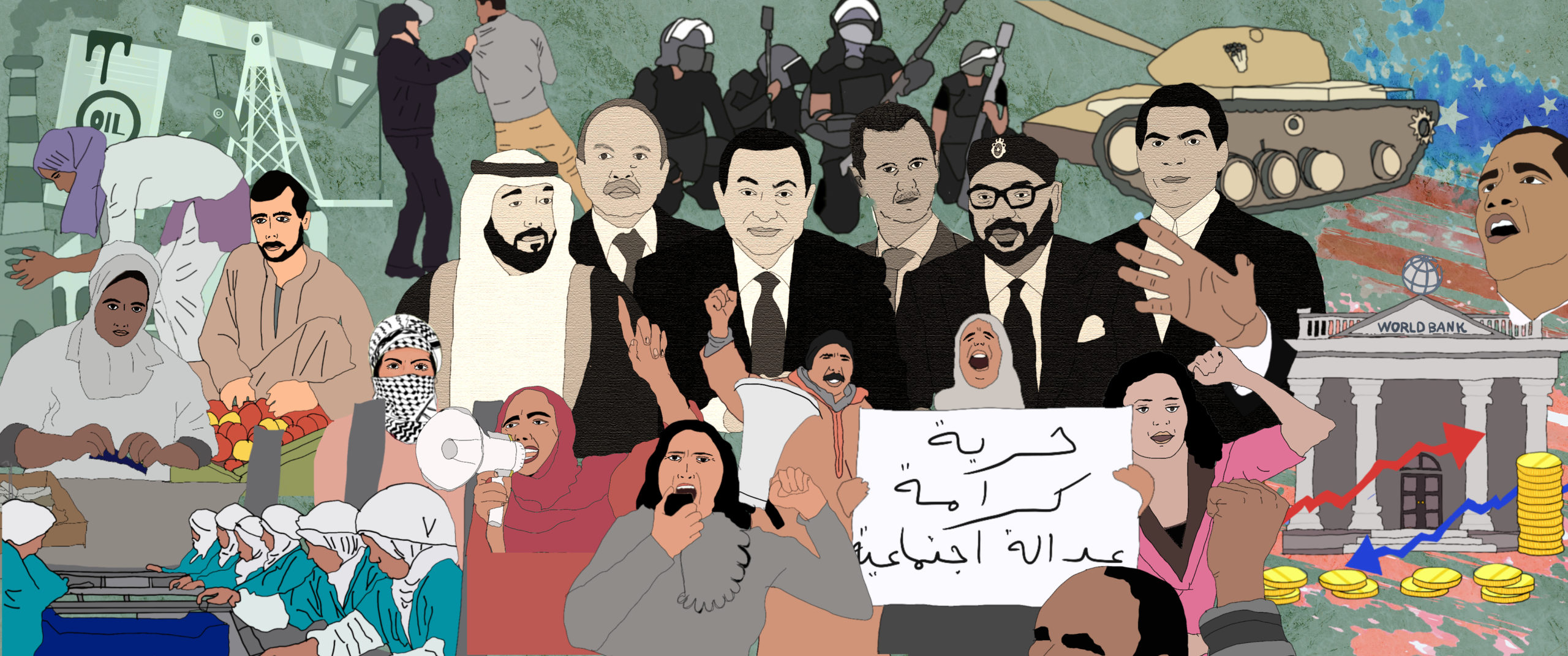Contents
By Miriyam Aouragh & Hamza Hamouchene
Around a year ago we were reminiscing about how a decade had passed since the mass protests in Alexandria (Egypt) in June 2010 against the police murder of a young Egyptian, Khaled Mohamed Saeed,[1] and since the start of the third Saharawi intifada in Gdeim Izik[2] (Occupied Western Sahara) in October 2010. We talked about how for us that marked the beginning of a life-changing epoch.
In the year that followed (2011) a wave of revolt spread throughout the whole Middle East and North Africa region, in what came to be called the ‘Arab Spring’.[3] These uprisings were acknowledged as world-shaking events. The Tunisian and Egyptian revolutions ignited historic upheavals in North Africa and beyond. People there celebrated the toppling of the dictators, Ben Ali and Mubarak, and looked ahead towards meaningful change in their lives. These uprisings, like most revolutionary situations, released enormous energy – a collective effervescence, an unparalleled sense of renewal and a shift in political consciousness.
The peoples of the region are all too familiar with the racist stereotype and contemptuous cliché embodied in the facile falsehood that ‘Arabs and Muslims are not fit for democracy and they are incapable of governing themselves’. The imperial and colonial dominance over the region has led to it being seen in some quarters as a homogeneous entity that can be systematically reduced through negative tropes. Seen through this distorting lens, the region evokes images of conflict and wars, ruthless dictators and passive populations, terrorism and extremism, as well as rich oil reserves and expansive deserts. This orientalist imaginary and the rigid representation of ‘the other’, as well as having the power to ‘block narratives’, are hallmarks of a political and geographic violence that is produced by imperialism.[4]
The uprisings shattered many of these stereotypes and debunked many myths. The wind of revolution that began to blow in 2011 spread from Tunisia to Egypt, Libya, Syria, Yemen, Bahrain, Jordan, Morocco and Oman. The emancipatory experience was contagious, inspiring people all over the world: activists in Madrid, London and New York, whether calling themselves the Occupy Movement or the Indignados, were all proud to ‘Walk like an Egyptian’. Although the last three to four decades have seen attempts to delegitimize meaningful and radical change through revolution, following the shortcomings and defeat of decolonization efforts in various parts of the global South, and although counter-revolutionary onslaughts will always seek to crush the will of the people – revolutions and uprisings for emancipation continue (and will continue).
For both of us, as for many activists, the pride and hope that these events generated remains deeply personal and political. Our career paths, activism and world-views were shaped by this formative political experience. We participated in conferences/round-tables celebrating and analysing these historical events, we marched with our peoples in protests, and we were involved in various solidarity initiatives. We discussed, debated and disagreed with friends and comrades. Sometimes we felt hopeful, at others sad and dispirited. Above all, we learnt a great deal: engaging with revolutionary praxis offers a unique source of knowledge.
Nevertheless, we cannot deny that what started as inspiring uprisings against authoritarianism and oppressive socio-economic conditions, demanding bread, justice and dignity, morphed into violence and chaos, profound polarizations, counter-revolution and foreign intervention. The various people’s movements in the region found themselves pitted against entrenched authoritarian and counter-revolutionary forces bent on suppressing them. All were met with resistance from the state, often in conjunction with global capital and foreign interference. The military coup in Egypt ended up restoring a much more ruthless and repressive form of dictatorship. The brutal descent into civil wars in Syria, Libya and Yemen, and the series of crackdowns in Gulf countries like Bahrain, provide examples of the cruel logic of proxy war so reminiscent of the colonial schemes with which the region and its people are all too familiar. Tunisia, which had seemed to be the exception in this gloom and doom, is now in a very fragile position. Moreover, the deep polarizations (e.g. Islamists versus secularists) imposed on the masses have distracted them from the key socio-economic issues that were at the heart of the uprisings in the first place.
Some mainstream commentators have argued that the ‘Arab Spring’ gave way to an ‘Islamist winter’ (with Islamist forces coming to power in some countries). Some progressive voices have been less pessimistic and have presented a more historically nuanced perspective, arguing that these events should be seen as part of a long-term revolutionary process, with ups and downs, periods of radicalization and periods of setback and counter-revolution. This latter view received some vindication when, eight years after the 2010/11 events, an escalation of the revolutionary process took place, in the form of a second wave of uprisings in Sudan, Algeria, Iraq and Lebanon (2018–21), alongside the return to the spotlight in 2021 of the unending and heroic struggle of the Palestinians – all of which reveals people’s determination to continue fighting for their rights and sovereignty.
All of these momentous events between 2010 and 2021 have opened new horizons for people to express their discontent and demand radical change and reforms, forcing almost every government in the region to concede on issues – both political and economic.
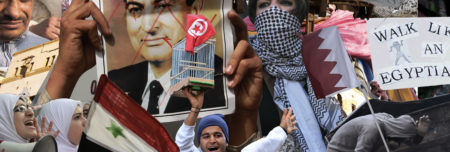
Why a project to commemorate this decade of struggle in the region?
When we embarked on this project our guiding compass was the important role of memory in our movements for justice and freedom, and the crucial task of maintaining an archive. Our political memory is not an automatic process, like muscle memory; rather, it is shaped by the political and economic conditions in which we exist. The nurturing of political affinity and the maintenance of radical kinship does not occur in a vacuum – it must be fed, to be kept alive. To be archived and reflected upon. Anniversaries provide one occasion for such activities, and that is what this project represents. The project includes webinars [hyperlinks] and podcasts [links], together with the articles collected here, all of which can help us to look at the concrete within what are sometimes too-abstract debates, and to engage with some less visible cases.
One of our aims in this project has been to challenge a number of misconceptions about the region, its people and their revolts and uprisings. One such misconception was the attempt by the global and mainstream media, Western governments, as well as international financial institutions, like the World Bank, to portray the uprisings as merely revolts against authoritarianism and as demanding only political freedoms and democracy of the stunted kinds that exist in Western industrial countries. This framing steers away from any class analysis and tends to dissociate the political from the economic, ignoring the fundamental socio-economic demands of bread, social justice, dignity and popular sovereignty. But the misreading – or more accurately distortion – did not stop there. The Tunisian and Egyptian uprisings were dubbed by Western mainstream commentators ‘Facebook and Twitter revolutions’, exaggerating the role of social media in fomenting them. Another dominant – but no less superficial – framing was the demographic one, which interpreted the revolts as primarily youth uprisings against the older generation – the product of a ‘youth bulge’ in the affected countries.
A decade later, mainstream interpretations commemorating the tenth anniversary of the events have gained little by way of insight. Several media reports and articles talk of failed and lost revolutions and broken promises. But the dominant tone is captured by a title of one Guardian article published in December 2020, referring to Mohamed Bouazizi, the street fruit vendor who set himself on fire, catalysing the Arab uprisings: ‘He ruined us: 10 years on, Tunisians curse man who sparked Arab Spring’. The narrative advanced is one of despair and hopelessness: the uprising was not worthwhile, better to have remained in poverty and in chains. Such an interpretation needs to be strongly challenged and deconstructed in order to offer a more nuanced and less idealist (more materialist) reading of revolution and what it entails. Various critical progressive activists and researchers have emphasized the importance of acknowledging the complexities of revolutionary dynamics and their inevitable crises, shortcomings and even failings.[5] This necessitates seeing revolutions as being imbued with counter-revolutionary tendencies and encroached upon by reactionary forces. The fact that people in the region are continuing to revolt is testimony to this complexity. Ultimately, the ideas people hold about revolutions have a critical impact on the outcomes of such events when they actually occur; hence the necessity of reflecting and learning from past revolutions.
Throughout this project we have sought to make space for critical reflection: we prioritized an inclusive approach regarding different disciplinary views and political emphases, and in the process gave a platform to younger, female and local voices from the region – the least we can do. We hope we have eschewed rigid dichotomies, as well as self-righteousness as regards possession of ‘the truth’ – a desire that stems from our rejection of sectarian and polemical styles and behaviours, which can too easily morph into personal attacks. One outcome of this collaboration has been to learn to disagree and to work respectfully in a comradely fashion, and to continue the discussion in a constructive way. Anyone who is engaged in the issues presented in this project will be all too aware of how the nefarious effects of trench positions (campism) have weakened progressive possibilities for meaningful engagement over the years. So often we have seen debates about Syria or Libya, for example, turn into deeply polarizing (and often false) binaries – alienating participants and choking off productive debates regarding revolutionary strategies and international solidarity. Ultimately, how exactly we can reconcile certain positions (e.g. anti-authoritarian versus anti-imperialist) will be put to the test in our movements, but we should never absolve ourselves of our duty to argue against selective political positions. One case of freedom should be in the service of – not expendable in pursuit of – another. This was powerfully captured during one of our webinars between our Moroccan and Saharawi participants.
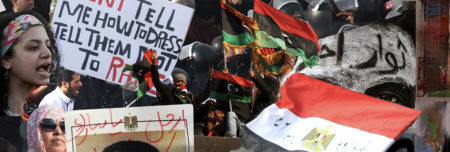
Summary of the articles
The contributors to this dossier are outstanding scholars and activists from, or having their roots in, the region.[6] They were given the choice to write either in Arabic or English. All pieces are offered to our readers in both languages.
In his piece, Adam Hanieh delves into the root causes of the regional uprisings through a historical and political economy approach. By describing in detail some of the lineages of the revolt that broke out in 2011, he deconstructs the mainstream liberal framing of the region and its uprisings. He argues that we must pay attention to the region’s centrality to the world economy, and how its political structures are directly reflective of the capitalist development that has taken place in the region over the last few decades.
Ghassen Ben Khelifa takes us back to 2010–2011, when Tunisian people who desired to live in dignity rose up to claim their rights. He takes a very critical look at the initial events that constituted Tunisia’s intifada and shows how it has now been contained, if not aborted. He cogently challenges the ‘exceptionalist’ framework around the Tunisian experience by showcasing a series of counter-revolutionary imperial and neoliberal measures designed to strangle the revolution and its economic demands.
Mostafa Bassiouny and Anne Alexander argue in their piece that any attempt to understand the course of the 2011 Egyptian revolution must necessarily grapple with the role of the workers’ movement. They show how workers’ struggles were an independent factor in the revolutionary process. They also underline the importance of ‘reciprocal action’ between the economic and the political aspects of the class struggle, and how this process played a pivotal role in the revolutionary developments in Egypt.
Fourate Chahal delivers beautiful and evocative illustrations for all the articles in this dossier. She also offers us some exquisite and powerful artistic collage, capturing the beauty, creativity and the energy released by various uprisings through graffiti, art, slogans and the recapturing of public spaces by people in revolt.
In his contribution, Ali Amouzai critically reflects on the historic February 20 Movement in Morocco, which arose in 2011, and details the balance of political and social forces that preceded it. Then, he describes and analyses the reaction of the monarchy to this threat to its rule, which took the form of repression, cooptation and containment. He also shines a light on Morocco’s role as an outpost of imperialist designs in the African continent, while continuing to resist the right to self-determination of the Saharawis.
Rafeef Ziadah argues that one of the major outcomes of the uprisings has been the increased role of regional players in multiple states, working to stabilize the political system to their advantage. With a focus on Libya and Yemen, she examines the various modes of intervention applied by the United Arab Emirates and Saudi Arabia, including direct military campaigns, the use of proxies, financial aid and humanitarian packages – all working in tandem to shape a regional outcome that has buttressed the status quo against the initial hopes of change offered by the uprisings.
Yasser Munif starts his article by examining bread as a central commodity in times of war and peace, offering an overview of the agrarian reform implemented by successive regimes in Syria from 1963 to 2000. He then focuses on the weaponization of bread as an important military strategy of the Assad regime during the revolt in Syria, while giving us a glimpse of the rebels’ grassroots resistance, using the city of Manbij in northern Syria as a case study.
Muzan Al Neel’s contribution focuses on the 2018–2019 Sudanese revolution and explains why the Sudanese rose up, and what it was they wanted to overthrow when they chanted ‘Just fall’. She analyses the current moment and the role of the transitional government, and its evolution vis à vis the uprising’s objectives. She ends by exploring the ways the Sudanese uprising could and should continue to achieve its goals in the face of the counter-revolution.
Zahra Ali puts forward a feminist analysis of the Iraqi uprising of 2019. Based on her in-depth fieldwork conducted with women and youth networks and social movements in Iraq, she takes the 2019 uprising as a framework for thinking about how massive protests allow for an understanding of emancipation that broadens our feminist imagination, paying particular attention to the spaces the uprising produced.
Hamza Hamouchene adopts a Fanonian lens to analyse the 2019–2021 Algerian uprising, and argues for the rationality of rebellion in the context of the new popular movement (Hirak) in Algeria – a movement that he argues represents a continuation of the decolonization process. He also connects the uprising in Algeria with the Black Lives Matter movement in the United States and considers what Fanon’s thought has to offer to these and other struggles for economic and political justice.
And last, but not least, Rima Majed applies a comparative approach and asks what the Iraqi and Lebanese uprisings of 2019 have in common beyond a regional/cultural proximity. She first discusses whether these uprisings can be termed ‘revolutions’ or ‘revolutionary’ in the first place. She then focuses on the internal contradictions of these revolutions, looking at the rhetoric of corruption, national unity, technocratic politics and individualism.
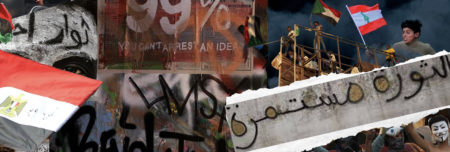
Looking back – looking forward
Anniversaries have a symbolic power and can be good opportunities for taking stock of what happened, and for reflecting on the positives and negatives. They can also be dynamic moments where we think about how to move forward. Our aim is not to reminisce about the beautiful times that are long gone, or to romanticize these great historical events. Instead, in this project we hope to get closer to the spirit of the revolutions, their creative energy, as well as their contradictions and shortcomings – and their enemies.
Obviously, this project has some lacunas – things that are not addressed. This is partly due to our own limits, in terms of our labour and time, and partly due to the limits of a project whose raison d’être is bound to a certain moment in time. In truth, revolutionary processes are always unfinished. The same goes for political praxis, which includes writing about revolutions. And although we would not pretend, or seek, to be fully comprehensive when discussing such a vast region, we hope we offer here an important glimpse, in the voice and the language of its people. What we have sought to present is a progressive analysis that can contribute to deepening our knowledge about the region – with the hope that this will allow us to learn from past mistakes and continue to push for long-sought change in the prevailing oppressive political and socio-economic conditions.
Our memories of the incredible events over the last decade have been foundational. We feel privileged to have witnessed people acting with a political stamina and bravery that can only be termed ‘historic’. Our minds have been enlightened and our spirits elevated by the countless ordinary men and women who dared to say ‘the people want’ [al sha’b yourid], and who rose up in unprecedented circumstances. We inherit their legacy, and the enormous price paid to arrive at a tipping point from which neither the friends nor the enemies of revolution can return. There are few things as powerful as ordinary working class people overcoming all the odds and shaking the very foundation of the status quo.
‘The personal is political’ proclaims the feminist maxim. ‘Nothing about us goes without us’ runs the motto of the disability struggle. In the spirit of these two messages we wholeheartedly thank all of the contributors to this project, who bring their perspectives as scholars and activists in and from the region. And we pay tribute to the fallen, the injured, the political prisoners and the ones who continue to struggle. We dedicate this work to them, and to all those who have sacrificed their lives for bread, justice and dignity.
Miriyam Aouragh is a Dutch-Moroccan anthropologist. She is a Reader at the Communication and Media Research Institute, University of Westminster. She is the author of the book Palestine Online and the forthcoming Mediating the Makhzan. Her research and writings focus on cyber warfare, grassroots digital politics and (counter-) revolutions.
Hamza Hamouchene is a London-based Algerian researcher-activist, commentator and a founding member of Algeria Solidarity Campaign (ASC), Environmental Justice North Africa (EJNA) and the North African Food Sovereignty Network (NAFSN). He is currently the North Africa Programme Coordinator at the Transnational Institute (TNI).
Copy-edited by Ashley Inglis
References
[1] The murder by Egyptian police of Khaled Mohamed Saeed, and the outrage it provoked, contributed to the growing discontent in the weeks leading up to the Egyptian Revolution of 2011.
[2] Gdeim Izik was a protest camp in Western Sahara, established on 9 October 2010 and maintained till November that year. While protests were initially peaceful, they were later marked by clashes between Saharawi civilians and Moroccan security forces. Some have referred to the protests as the Third Saharawi Intifada, following the First (1999–2004) and Second (2005). Scholar and political activist Noam Chomsky has suggested that the month-long protest encampment at Gdeim Izik constituted the start of the Arab Spring.
[3] The term Arab Spring is an allusion to the Revolutions of 1848, which are sometimes referred to as the ‘Springtime of Nations’, and to the Prague Spring in 1968 , as well as later uprisings in Central and Eastern Europe in 1989. This term was been coined, and has been promoted by, Western media and pundits, and has been criticized by some scholars as part of a US strategy of controlling the movement’s aims and goals and directing it towards Western-style liberal democracy. However, it is important to acknowledge some positive uses of the term Arab Spring, and how it makes a link with earlier historic uprisings in the region, such as the Berber Spring of 1980 in Algeria and the Damascus spring of 2000.
[4] Said, E. (1984) ‘Permission to narrate’, Journal of Palestine Studies 13(3): 27–48.
[5] Bayat, A (2017) Revolution without Revolutionaries: Making sense of the Arab Spring. Stanford: Stanford University Press. See also Traboulsi, F (2014) Revolutions without Revolutionaries. Beirut: Reyad El-Rayyes Books.
[6] We note briefly here the various ways the authors in this dossier refer to the region that is the focus of this project. Some use ‘Middle East’ or ‘Middle East and North Africa (MENA)’. Others refer to the ‘Arab region’ or ‘Arab world’, while others go for the less-used coinages ‘North Africa and West Asia (NAWA)’ or ‘West Asia and North Africa (WANA)’. Our own view is that if we are committed to advancing counter-hegemonic narratives that challenge structures of power, and to decolonizing concepts and names, it is only fitting to call into question the colonial designation ‘Middle East’ – a construct of, and designed to sit in opposition to, the West; part of the legacy of Orientalism, of creating an ‘other’. We are sympathetic to the use of ‘Arabic region’, but without its ethnic connotations. We acknowledge that this naming can arouse feelings of exclusion and oppression among some. No naming is perfect, and each has its own limits. In our view, without trying to efface the rich shared cultural and political legacies in our region, a reference rooted in a geographic identification, such as North Africa and West Asia (NAWA), is a more apt description.
This dossier of articles is published in collaboration with the Transnational Institute (TNI) and Rosa Luxemburg Foundation – North Africa.

